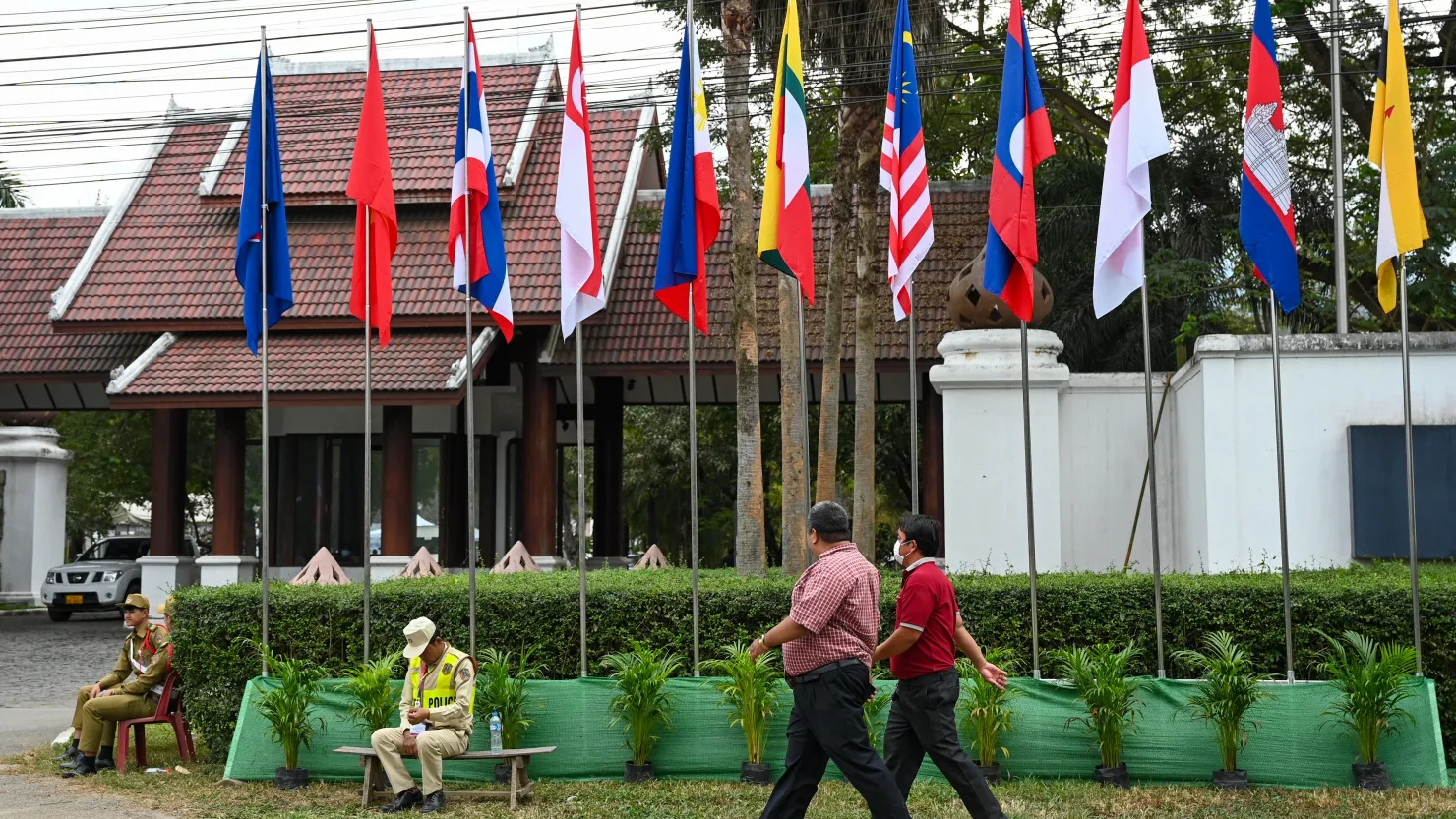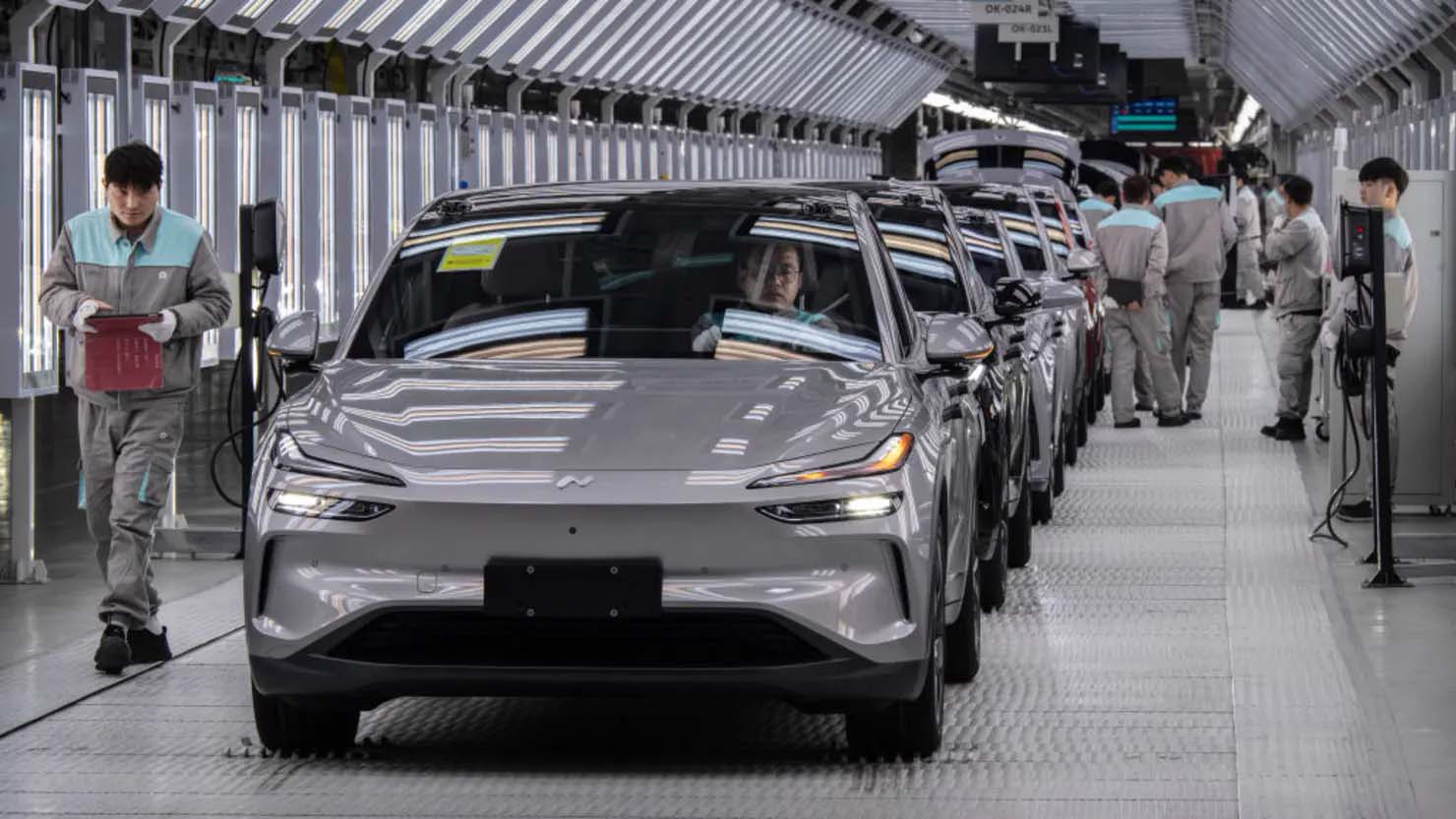China is increasing its presence in the global open-source community. According to the number of registered developers on the GitHub platform, the country ranks third in the world after the United States and India. This growth reflects Beijing's strategic interest in accelerating technological innovation and reducing its reliance on Western solutions in the face of geopolitical pressures.
Major Chinese corporations, including Huawei and Alibaba, are actively investing in the development of open artificial intelligence models. This trend is particularly noticeable after the US imposed strict export restrictions on the supply of advanced technologies and components. For China, open source has become a tool for filling in development gaps, combining the efforts of national and foreign experts, and promoting its own technological standards.
At the same time, the open technology model in China faces challenges related to the peculiarities of the internal political system. The country's authorities restricted access to GitHub during periods of increased control over the digital environment, require mandatory verification of the source code for compliance with the law and prohibit the publication of" socially dangerous " content related to artificial intelligence. These measures raise concerns among foreign users and developers about the transparency and independence of Chinese open-source projects.
Despite official support from the state, there are still risks associated with government pressure, potential restrictions from the United States, and reduced confidence in Chinese technologies abroad. Under conditions of limited freedom and strict regulation, the development of open technologies may slow down, and their global competitiveness may be called into question.











